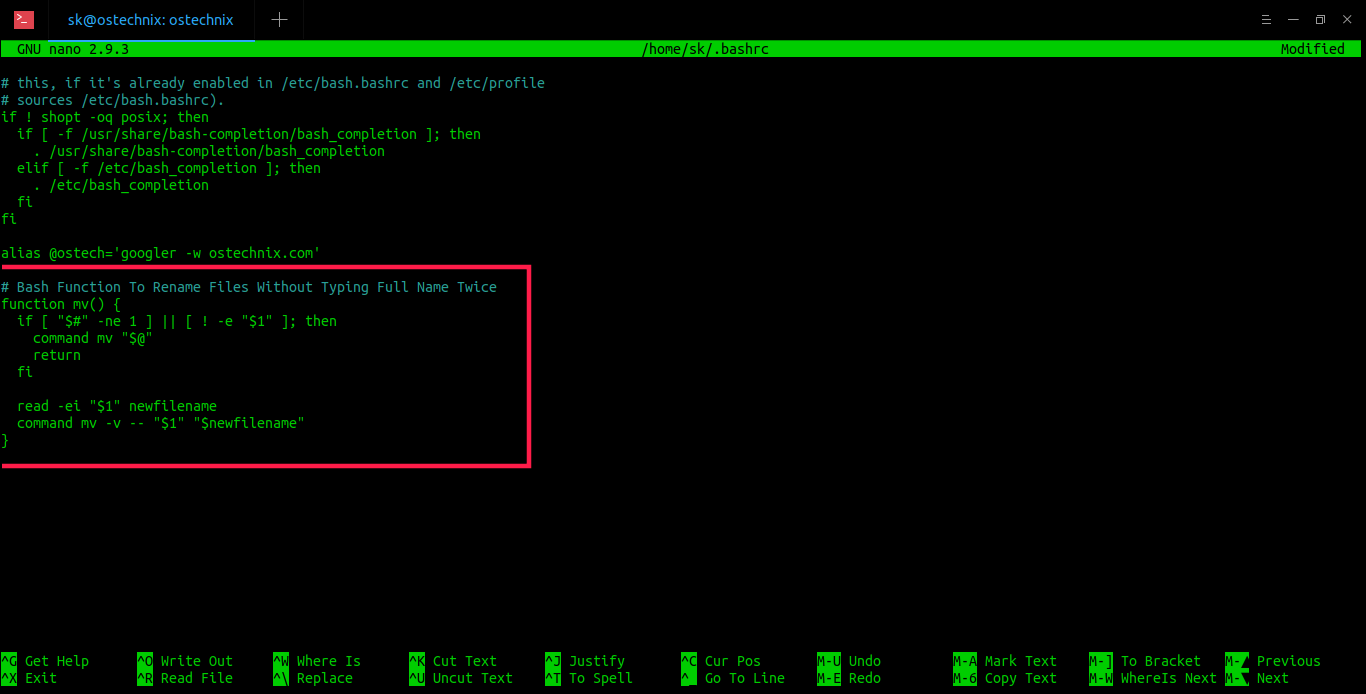

SECURITY WARNING: NEVER PIPE ANYTHING TO 'bash' UNLESS YOU FULLY UNDERSTAND THE OUTCOME. \1 in the replacement string refers to the 1st captured group, and so on. txt in the 'Search for' box, click 'Start Search', press 'Feed to listbox', then mark the files with Ctrl + A. (renaming) files And thats five underscores for the five special chars. Option 3 - Open 'Find Files' ( Alt + F7 ), type. Shell script to clean file names by removing special characters etc. Option 2 - Mark files one by one, using the Space key or mouse right click. alone indicates any character other than a newline), and it replaces that with nothing. In our case, ras is matched literally and. Is there a shortcut in Shell/Bash that can rename all the files in a folder based on a regex or some other criteria. DO NOT require escaping for character classes Mark the files to rename: Option 1 - Ctrl + A for marking all files in the folder. rename is a perl script that takes a perl regular expression and a list of files, applies the regex to each files name in turn, and renames each file to the result of applying the regex. requires escaping in the replacement string -> \/ If you are not a newbee, please excuse the length and verbosity. Only the first occurrence of the searched string is replaced.Note: this answer is verbose - as a newbee I appreciate it when someone who knows takes the time to explain, so I am paying 'forward'. ~ $ touch ~ $ rename 's/txt/problem/' ~ $ lsĪbc allfiles.txt backup cllfiles.txt temp.txt tennis.txtĪbc.conf aproblem.txt bllfiles.txt Scratch ~ $ There are three parameter substitutions used in the code. However, it also requires some basic knowledge of regular expression to get the. The bash script would iterate over the current batch of found pathnames and would, for each, first extract the filename portion of the pathname, and then rename the file by removing the parentheses and their content. The next example shows what can go wrong with this syntax. A much better solution for renaming multiple files is the rename command. You could use rename command on the directory where the files you want to rename are located. It my opinion, it should be looking like this: mv -v.

I would like to rename all files from a folder using a regex (add a name to the end of name) and move to another folder. From the drop down menu select Search & Replace option, check x Regular Expression checkbox and type Search and Replace criteria. Remember that file extensions have no meaning in the bash shell. Possible Duplicate: rename multiple files at once in unix. Just select more than one file and hit F2 to show Rename Multiple Files dialog. These two examples appear to work because the strings we used only exist at the end of the filename. Turn on the switch for Enable PowerRename if its off. This is often presented as s/string/other string/ as seen in this example: ~ $ lsĪbc allfiles.TXT bllfiles.TXT Scratch tennis2.TXTĪbc.conf backup cllfiles.TXT temp.TXT ~ $ rename 's/TXT/text/' ~ $ lsĪbc allfiles.text bllfiles.text Scratch tennis2.textĪbc.conf backup cllfiles.text temp.text tennis.textĪnd here is another example that uses rename with the well know syntax to change the extensions of the same files once more: ~ $ lsĪbc.conf backup cllfiles.text temp.text ~ $ rename 's/text/txt/' ~ $ lsĪbc allfiles.txt bllfiles.txt Scratch tennis2.txtĪbc.conf backup cllfiles.txt temp.txt ~ $ 1.Open the PowerToys Settings window by double-clicking its System Tray icon. The most common use of the rename is to search for filenames matching a certain string and replacing this string with an other string.


 0 kommentar(er)
0 kommentar(er)
